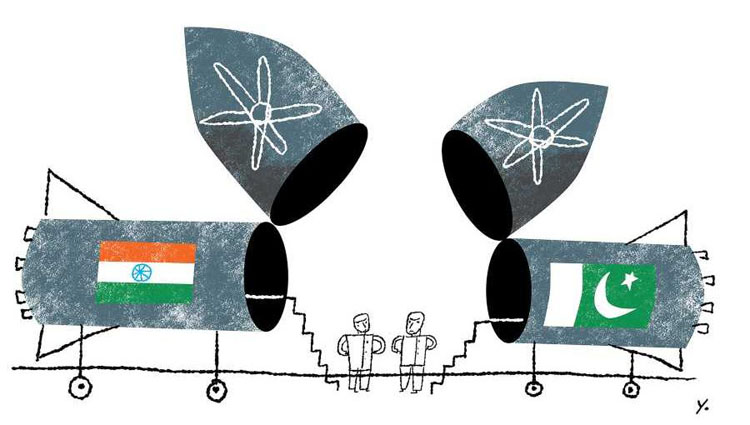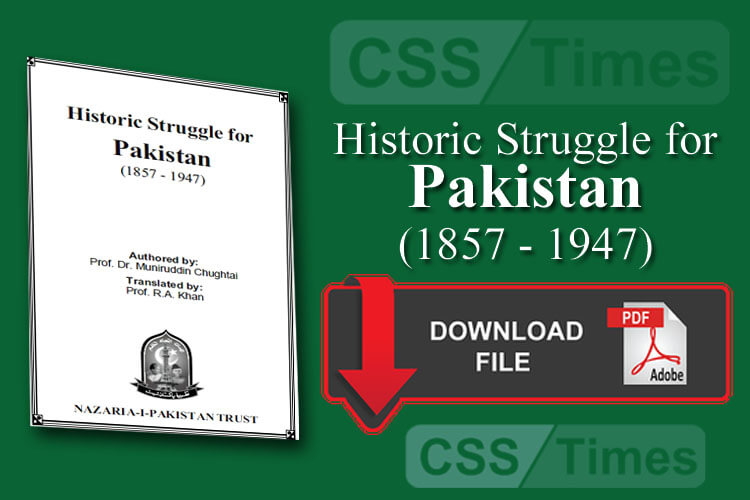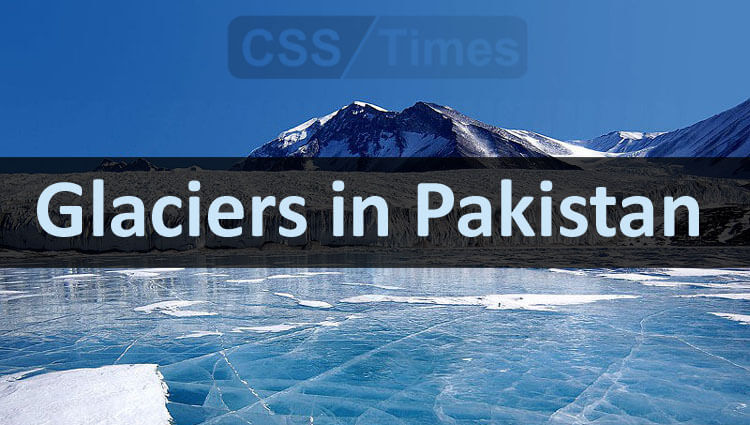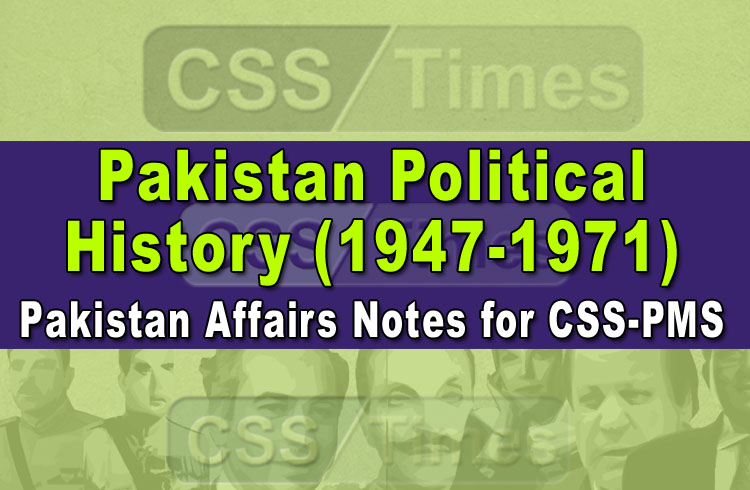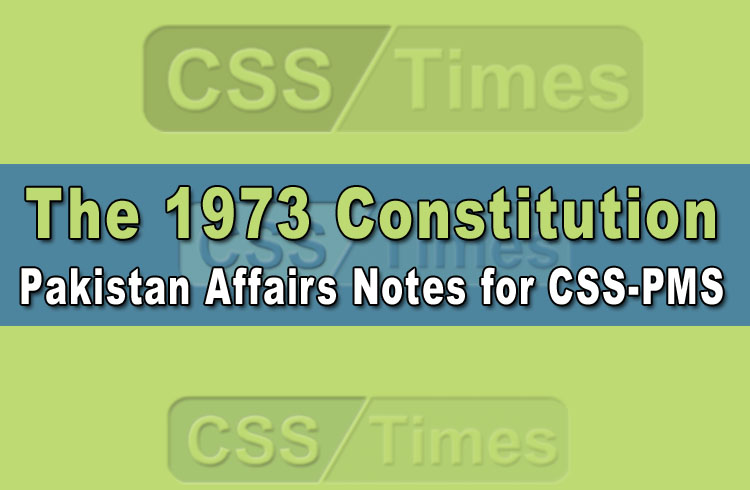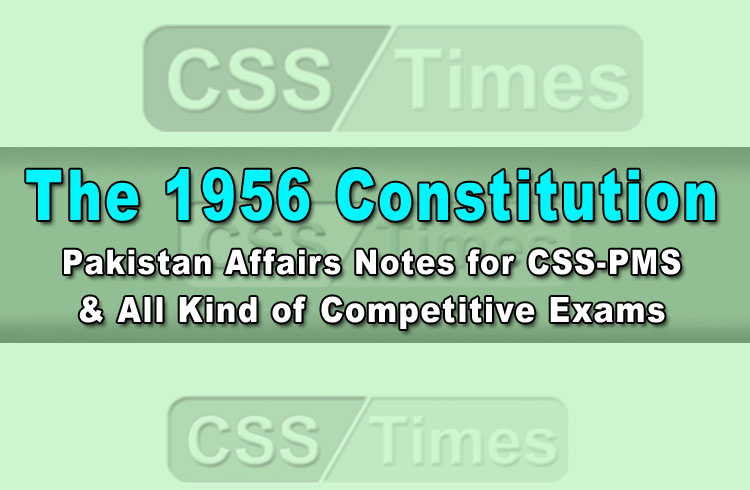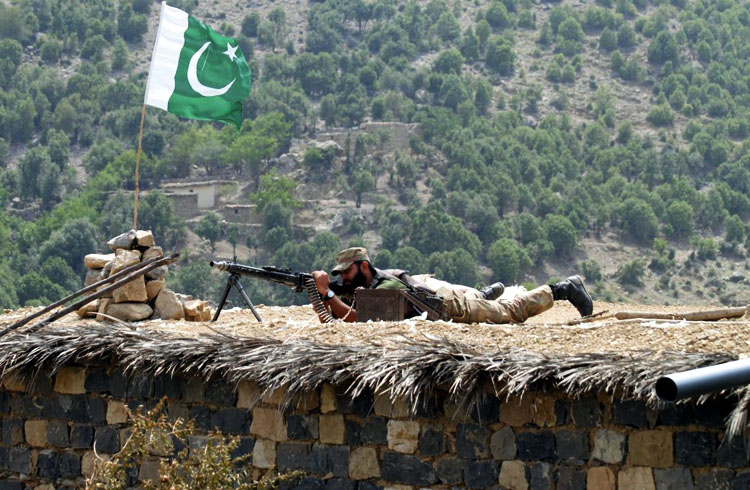Kashmir—a nuclear flash point | Essay, Current Affairs Notes
By: Muhammad Zahid Rifat
This article will be helpful for CSS English Essays, Current Affairs Notes and Pakistan Affairs
Pakistan has quite emphatically reiterated that the government and the people are committed to standing by and supporting their Kashmiri brothers and sisters in their legitimate struggle for self-determination. The brave, courageous, determined and committed Kashmiri people will never submit to Indian forced occupation and oppression; their struggle is indigenous, they are indeed fighting for a just cause and laying down their lives generation after generation for more than seven decades to rid themselves of Indian occupation.
